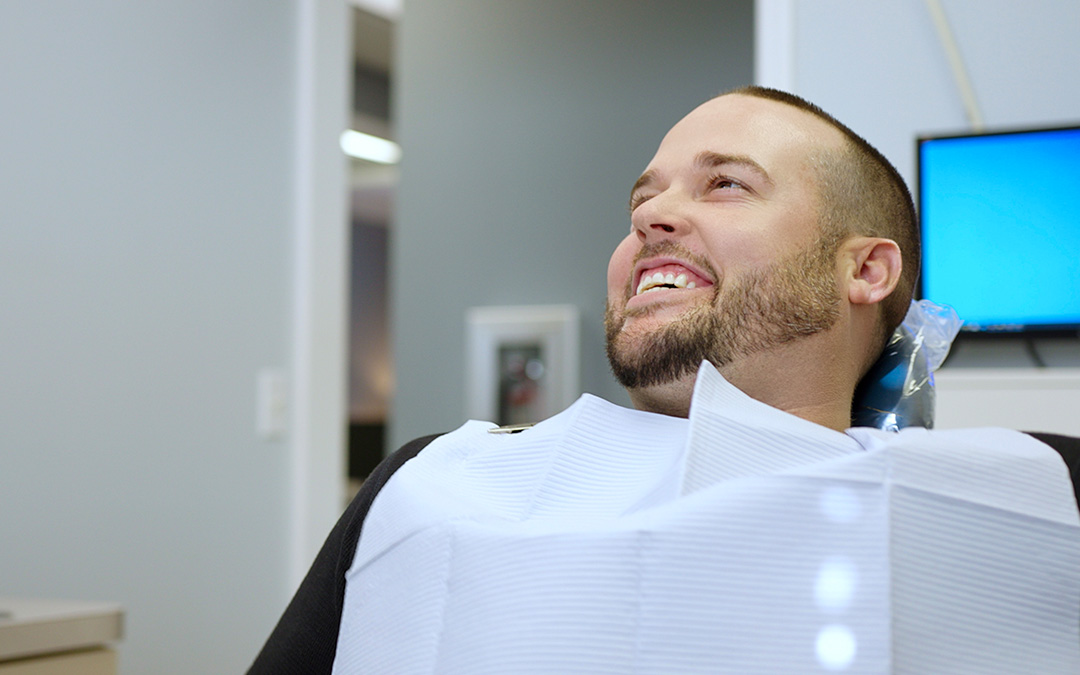are a common issue that many people encounter, but just because it’s experienced often doesn’t mean it should be ignored or that it can’t signal a larger dental emergency. This symptom can point towards a range of dental issues, from mild to severe, and understanding the causes, implications, and when to seek help from our Ocala, FL, dentist is crucial for maintaining your oral health.
Here’s what you need to know about , potential causes, and when it’s time to turn to professional care.
Common Causes Behind Bleeding Gums
Typically, most people notice that their gums are bleeding when they’re in the middle of brushing or flossing. While it might seem trivial at first, this can be the first sign of gum disease, such as gingivitis or more severe periodontitis. Gingivitis, the earliest stage of gum disease, is characterized by inflammation of the gums due to the buildup of plaque at the gumline. If left untreated, gingivitis can progress to periodontitis, leading to more significant issues, including the loss of teeth and bone in the jaw.
Other factors that can contribute to bleeding gums include:
- Poor dental hygiene: Insufficient brushing, flossing, and missed teeth cleanings can leave plaque to accumulate, leading to .
- Hard brushing: Using a hard-bristled toothbrush or excessive force can cause gums to bleed.
- Inflammation: Various non-dental conditions, such as vitamin deficiencies, blood disorders, or other systemic diseases like diabetes, can cause or exacerbate gum inflammation.
- Medications: Blood thinners and other medications can increase the likelihood of bleeding gums.
- Changes in oral care products: Switching to a new toothpaste or mouthwash that might not be suitable for your gums can cause an unwanted reaction.
Signs of a Bigger Issue
While occasional gum bleeding might not require urgent dental care, certain situations may warrant more immediate attention. If you’re faced with discomfort and find that your gums are the source of the irritation, take note of any other symptoms and when you first noticed something was off. This is all useful information for our dentist and assisting staff when we’re determining the best course of action.
In general, it’s wise to keep an eye out for:
- Persistent bleeding: If your gums bleed regularly when you brush or floss, it’s a sign that something is amiss. Persistent bleeding is often the first sign of gingivitis.
- Increased sensitivity: Gums that are tender, swollen, or painful to touch along with bleeding might indicate progressing gum disease.
- Changes in gum color or texture: Gums that are dark red, puffy, or pulling away from the teeth require prompt dental evaluation.
- Bad breath or taste in the mouth: Chronic bad breath or a bad taste that doesn’t go away can be associated with infection and gum disease.
- Loosening teeth: This can indicate advanced periodontitis where the bone that supports the teeth is being affected.
Ways to Prevent Bleeding Gums
Prioritizing prevention is going to be your best approach for avoiding bleeding gums. That means regular dental check-ups every 6 months and an established at-home oral hygiene routine to maintain the health of your smile and catch potential issues early before they escalate.
When selecting oral care tools, opt for a soft-bristled toothbrush to prevent damage to your gums and enamel. The technique you use to brush your teeth also plays a significant role in maintaining gum health. Gentle brushing and proper flossing are key to removing plaque effectively without harming your gums.
Additionally, incorporating a therapeutic mouthwash into your daily routine can help reduce plaque and decrease gum inflammation. This type of mouthwash can be particularly beneficial for enhancing overall oral hygiene and preventing the onset of gum disease. By taking these preventive measures seriously, you can greatly reduce the risk of developing serious gum conditions and ensure your oral health remains in top condition.
Make an Appointment
If you notice any of the above symptoms or if your gums bleed regularly, our dentist in Ocala, FL, can help. Early diagnosis and treatment can reverse the effects of gingivitis and prevent more severe gum diseases. Call Pruitt Dentistry today at (352) 732-3985 to request an appointment and put your smile first.


